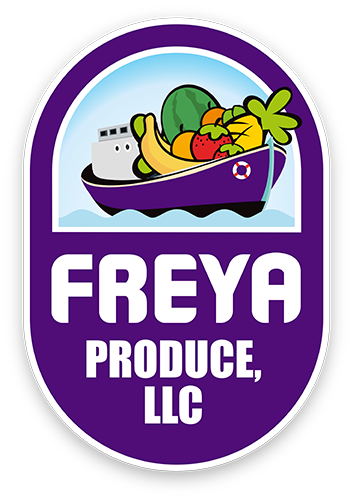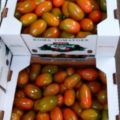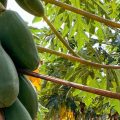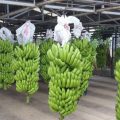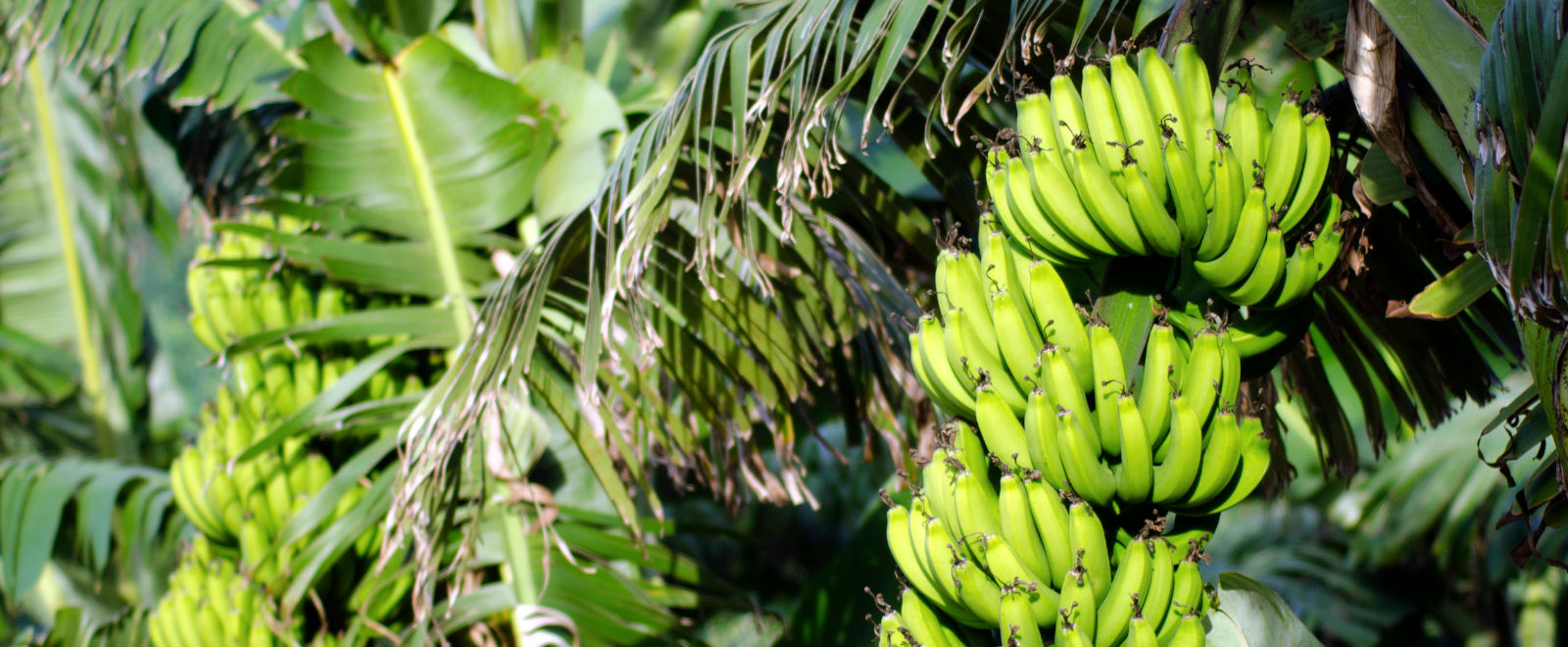
FAO launches project to fight banana disease in Latinamerica & Caribbean
FAO launches project to fight banana disease in Latinamerica & Caribbean
October 12, 2019. Source: FreshFruit Portal
The United Nations’s Food and Agriculture Organization (FAO) has launched an emergency project to help Latin American and Caribbean countries fight the spread of Fusarium wilt Tropical Race 4 (TR4).
TR4, which was recently confirmed in the region for the first time in Colombia, is a fungal plant disease that can wipe out the banana crops upon which the livelihoods of millions of people depend.
Colombian authorities have now put 175 hectares of banana farms under quarantine. Nearby Ecuador is the world’s largest banana exporter, while Colombia, Costa Rica, and Guatemala are also major producers.
If the disease spreads, it would have devastating impacts for farmers and their families across the region.
This emergency project will assist countries in developing regional and national action plans, increasing their capacities to prevent, diagnose, monitor and contain outbreaks, and raise awareness and disseminate information among farming communities.
In addition, the new TR4 project for the region also aims to support greater collaboration and experience-sharing among the countries.

TR4 is a pathogen that can be transmitted through movement of infested planting materials, contaminated soil, water or other physical means such as shoes, tools and tyres.
Once established, the pathogen remains in the soil for decades; currently there is no way to eradicate it completely.
However, the FAO says that measures do exist that can be effective in limiting the spread of the disease, including: implementing appropriate preventive and phytosanitary measures, establishing the right regulatory environment, and building multi-stakeholder collaborations.
Additional measures include supporting increased biodiversity, improving the effective use of genetic resources, developing disease management and recovery programm, and improving monitoring and early action.
The Cavendish banana variety makes up around 47% of global production. But the FAO says that diversification, soil health and better use of available genetic resources are key to building resilience to the disease in the long term.
Threats to the Cavendish may encourage farmers, and the private sector, to move away from monocropping towards more biodiverse plantation systems using some of the 1,000-plus other banana varieties.
